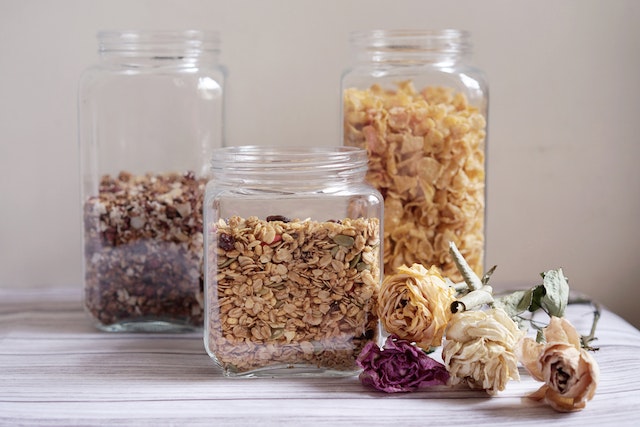When it comes to snacking it is easy to just grab whatever is available and quick to eat when you need something to hold you over until your next meal. Instead of grabbing a processed snack full of sugar and salt, snack prepping could save a lot of calories and be better for your body. Here are some snacks you can prepare ahead of time that are easy to put together.
Berries and Yogurt
A popular snack that is full of protein and natural sugars is that of greek yogurt and berries. You can prep this in minutes and have it sit overnight. The berries give the yogurt a bit of flavor that you would not get from just plain yogurt. As well as all the protein found in this snack, your appetite will be fulfilled.
Turkey Roll Ups
Cold cuts are a great snack that people may not have thought of since they are thought of as lunch. To prepare these snacks take a piece of cheese and turkey and roll them up together. If you want to add something else for a bit of flavor or try some different veggies to see how you like it. You can also prepare this and leave it in the fridge for when you are ready.
This is a quick and simple recipe you can prep and grab whenever you want to snack. You can use it with Triscuits, carrots, celery or put it on chicken. All you need is a log of goat cheese, one tablespoon of basil pesto and two teaspoons of olive oil. Once you combine you can store it for four days as you snack on it from time to time.
Try some of these recipes in the future before you want to snack so you will have them all ready and prepped!
Dr. Barbara R. Edwards, Princeton Internist, practices at Penn Medicine Princeton Health in the Penn Medicine Princeton Medical Center. She is also the Academic Director for the Ambulatory Residency Program at Penn Medicine Princeton Health.






